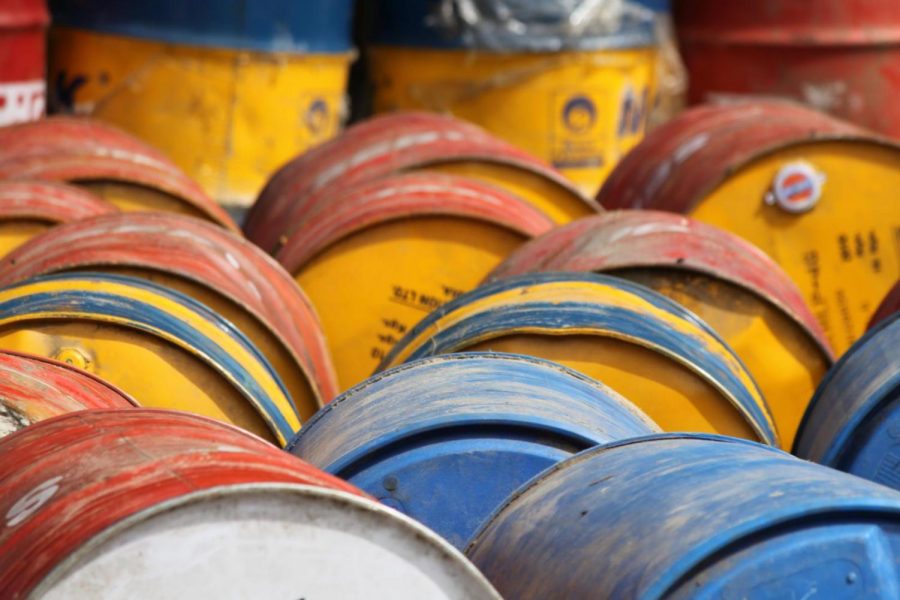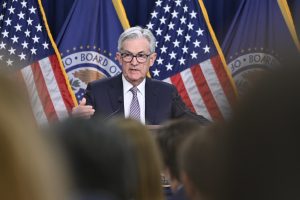Increase in crude oil prices benefit OPEC+
October 22, 2021
Crude oil prices have more than doubled since April 2020, selling at $80.52 a barrel on Oct. 11. Oil prices have not been this high since October 2014. Currently, the demand is high and the supply is low.
As world economies recover from the COVID-19 pandemic’s financial damages, some industries, such as the oil industry, are less prepared than others.Oil companies significantly reduced production in spring of 2020, and due to fears of a fourth wave, some of the world’s biggest oil companies have recently held back from producing more, Reuters reported.
While power plants normally burn natural gases, this has not been the case recently, as natural gas prices have skyrocketed, resulting in high demand for crude oil, according to reports from NPR.
Key economies in Asia and Europe have been the most affected by this price increase. With winter approaching in most of Europe, countries such as England are under pressure to find enough oil to last through the winter, when energy is essential for heating .
China has also been impacted by the increase in oil prices. Coal is one of the country’s main sources of energy, but many coal mines have closed due to flooding in Northern China, CNN Business reported. Energy shortages in China have become alarming to many officials, causing the government to take steps to ration energy during peak hours.
Spain, France and Norway are taking extreme measures, as they cut production for different industries or completely suspend them with the goal to reduce energy consumption.
In a press conference last week, the U.S. government pressured the Organization of the Petroleum Exporting Countries and allies, also known as OPEC+, to significantly increase oil production. India and other European countries have also made the same demands for OPEC+, which is the producer of more than 40% of the world’s crude oil. This production is led by Russia and Saudi Arabia.
OPEC+, however, has not made any decisions to increase output yet, as the group’s priority has not been to increase production but to return cash to investors to recover from its tremendous loss in revenue due to COVID-19.
In a press conference last week, the organization said it would increase crude oil production by 800,000 barrels per day but have not stuck to that statement and scaled back to 400,000 barrels per day, according to reports from oilprice.com. While OPEC+ representatives have said they are being cautious due to the pandemic’s unpredictability, experts argue that OPEC+ and its leading countries, Russia and Saudi Arabia, are enjoying the high profits and are trying to make up for a nearly 40% drop in earnings in 2020 from the previous year.








